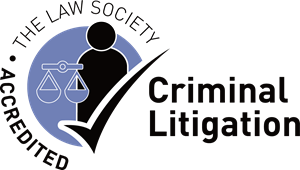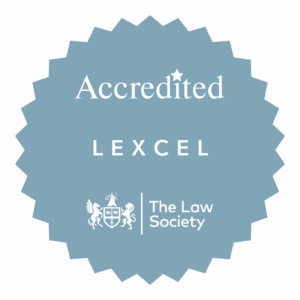What is a PACE Interview?
The Police and Criminal Evidence Act 1984, known as PACE 1984, sets out the powers and duties of the police in respect of arrest and the investigation of an offence.
There is no requirement in PACE 1984 that a person suspected of having committed a criminal offence must be interviewed under caution before any decision as to whether to prosecute is taken. In practice, however, a suspect will almost always be interviewed under caution following their arrest in order to gather further evidence against the suspect, elicit information revealing further lines of inquiry, and to give the suspect an opportunity to answer the allegations and give their own account of events.
What happens at an interview under caution?
A criminal suspect is normally held in a police cell and interviewed. The interviews must be audio-recorded but before the interview takes place a caution must be administered. The suspect must be given clear advice about the caution and about what it means in terms of how the answers may be used in evidence. The caution is:
You do not have to say anything. But it may harm your defence if you do not mention when questioned something which you later rely on in court. Anything you do say may be given in evidence.
The suspect will then be asked to provide their full name, address, date of birth and National Insurance number (if known). These are the only questions the suspect must answer. The interviewer will then put to the suspect any significant statement(s), such as an admission of guilt, or a significant silence which occurred before the interview and the suspect will be asked to confirm or deny that earlier statement or silence and whether they wish to add anything. They may choose to answer or not. It is very important to understand that the answers given can be used in court later on.
Further questions and clarification follow. The interview ends when all the questions relevant to obtaining accurate and reliable information about the offence have been put to the suspect. This includes allowing the suspect an opportunity to give an innocent explanation and asking questions to test if the explanation is accurate and reliable.
Once the police have finished asking about the crime, they must either charge or release the suspect.
What are my rights?
Before you are questioned you must be informed of your legal rights. The first thing you should be informed of is your right to free legal advice.
You should be given a written notice – available in several languages – setting out your rights during the questioning, for example, breaks for food, toilet, etc. If you need an interpreter, the police need to find one for you. The police must read you the police caution and inform you if the session is being recorded. You do not have to answer any questions put to you by the police, but you should be aware that not answering them may have consequences. It may harm your defence if you fail to mention something which you later rely on in court. Anything you do say however may be given in evidence.
If people in police custody are under 18 years of age or considered vulnerable, the police must attempt to make contact with their parents, carers, or others responsible for their wellbeing. An appropriate adult must come to the police station and be present while the person is being questioned and searched.
Should I have legal representation?
It is your legal right to ask for legal assistance in all circumstances concerning the police. If you request legal assistance, you cannot be asked any questions until your lawyer is present, even if this means a significant delay before they arrive.
You can choose to contact your own lawyer rather than the duty or legal aid solicitor. Asking to speak to a lawyer does not make it look as though you have done anything wrong. It is important to get legal representation as soon as possible because your lawyer will explain your rights and be able to advice you about when to remain silent and which questions you should answer during any PACE interview.
The police have strict rules they need to follow when questioning a suspect. Having legal representation throughout any interview can ensure the police do not breach the rules and if they do your lawyer can make a complaint.
Conclusion
Being arrested and interviewed by the police can be frightening. However, understanding the process, knowing your rights, and having good legal representation can make all the difference.
This information provides a general overview only and we recommend you obtain legal advice relevant to your individual circumstances.
If you or someone you know wants more information or needs help or advice, please contact us on 020 3189 0087 or email [email protected].




